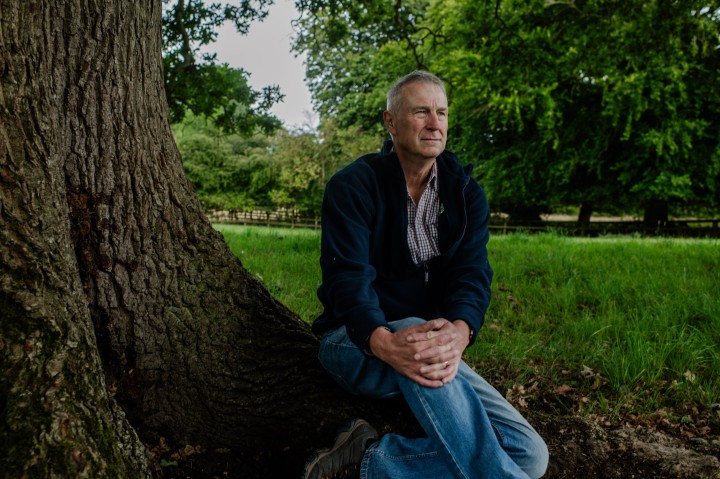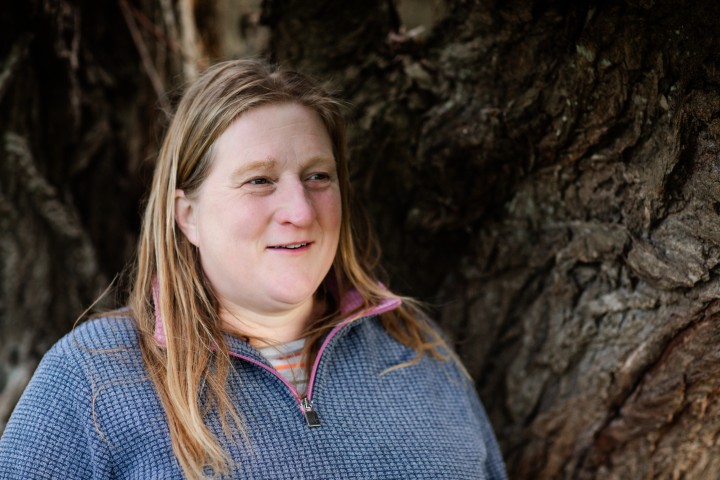Chancellor Rachel Reeves’ Budget - the first Labour budget in 14 years - was a decidedly mixed bag from a farming perspective. We asked NFFN farmers to share their first reactions.
From an agricultural perspective, the 2024 Autumn Budget presented a mix of ups and downs.
In terms of government financial support, farming emerged from Rachel Reeves’ first Budget as Chancellor in a slightly better position than many had feared. The anticipated cuts to the Defra and farming budgets, which had clouded the run-up to her speech, did not materialise.
However, for many farmers the positive spending news was overshadowed by changes to agricultural property relief. This change will reduce the relief rate for agricultural and business assets falling from 100% to 50% for those valued over £1 million in total.
The NFFN asked farmers for their thoughts.
Jon Thornes, South Ormsby Estate
The government’s decision to cap Agricultural Property Relief (APR) could reshape the farming sector and have serious repercussions for both rural communities and efforts to protect biodiversity.
This could create a heavy financial burden for family farms, forcing many to either sell portions of their land or assets or take on debt. Those with high-value land may especially struggle, as the cost of passing land to the next generation will be much higher. This could lead to increased land consolidation, with large agricultural corporations buying up land, diminishing the community-centred culture that small family farms support.
One repercussion of this could be farmers thinking on a shorter timescale, which I don’t believe is good for nature. A farm needs to think about a multi-generation plan and a wide horizon, with one generation planting trees which only the next one will see mature, to give one example. Family farms often integrate nature-friendly practices, such as maintaining hedgerows, wildflower strips, and field margins, and adopt long-term regenerative practices prioritising soil health, like rotational grazing and reducing chemical inputs. There is also a concern that increased pressure from inheritance tax relief might reduce participation in conservation programmes, or that consolidation of land into fewer, bigger farms will increase monocultures which are less supportive of nature.




